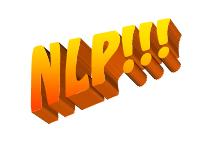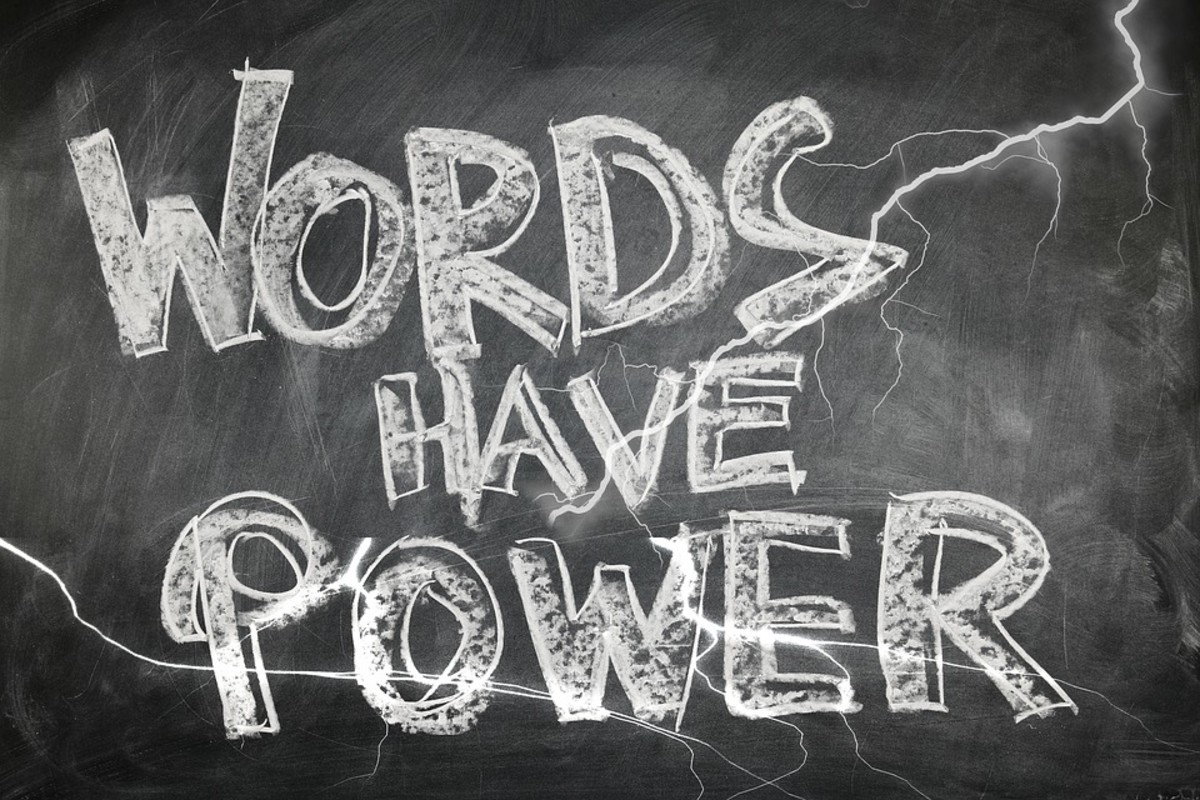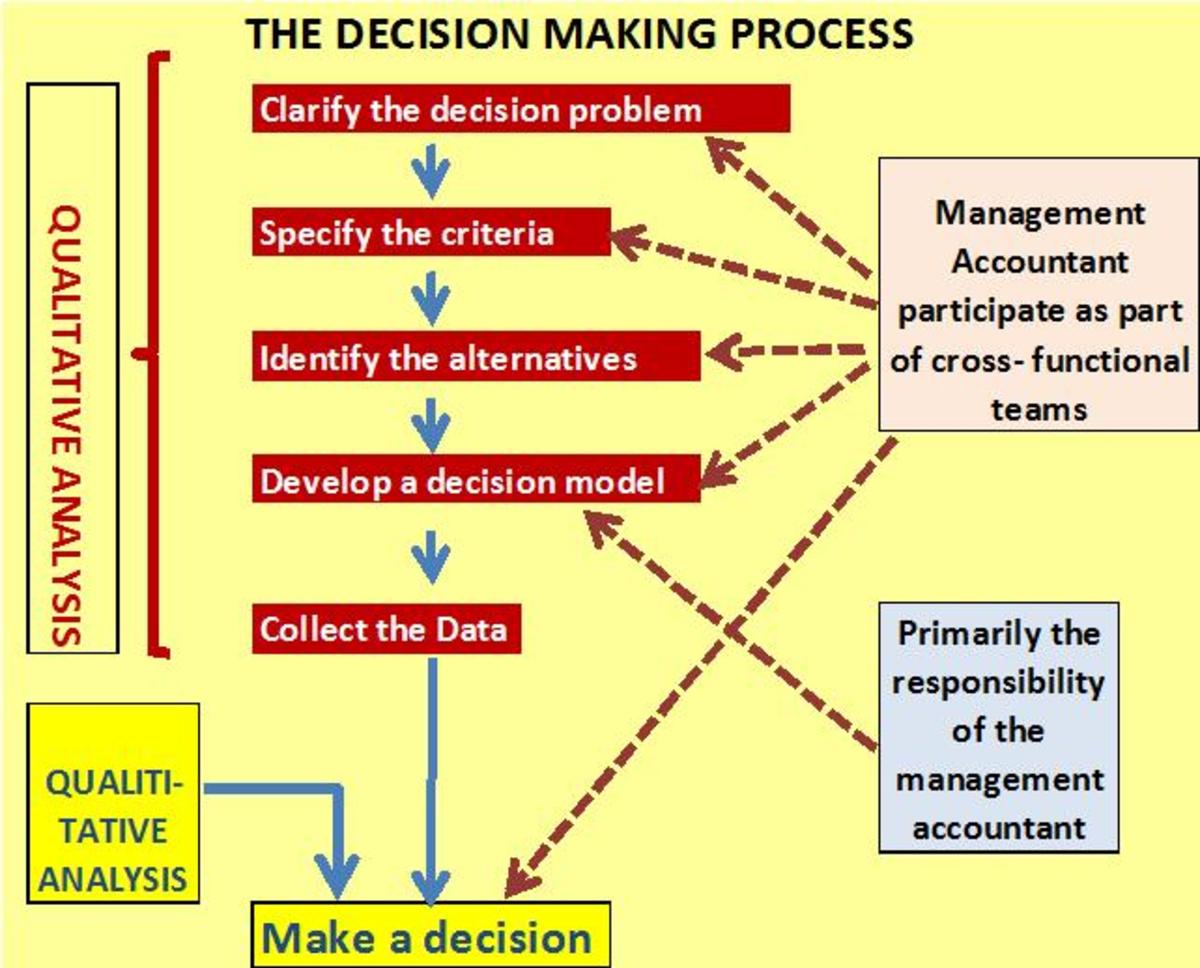NLP for Dummies
NLP for Dummies
One of the most prevalent buzzwords in the world of self-improvement is NLP, which stands for Neuro-Linguistic Programming. This hub has been titled "NLP for Dummies" for the sake of those who may not be too familiar with what it's all about. At the onset, it sounds like some type of computer language, but actually, it is a methodology that many self-improvement enthusiasts use to develop confidence and a stronger sense of self-esteem. Many people who regularly practice NLP attribute their success to the visualization techniques that it employs. The heart of NLP, however, is the use of positive affirmations, which are simply things you say to yourself that hopefully will create a greater picture of success, confidence, and a stronger self-image. The scientific claims behind NLP is that your words have a powerful effect on your subconscious mind, and in a sense (according to most NLP enthusiasts) you can “program” your mind to think as you want it to by using the correct words, thereby producing the successful life you desire. The principle that underlies Neuro-Linguistic Programming is really nothing new; it’s based on spiritual principles that have been in existence (and in all types of religious literature) for thousands of years. One good example of this is the Bible verse (Proverbs 18:21) that states “Death and life are in the power of the tongue”. Other similar principles that deal with the power of the spoken word are found all throughout the various ancient writings of various religions.

Neuro-Linguistic Programming for Dummies
The proponents of Nero-Linguistic Programming assert that it is designed to literally “program” your thinking to whatever settings you see fit for your own personal success. Not only does the spoken word and positive affirmations play a part in the methodology of NLP, but also visualization techniques are commonly implemented to produce in the user a sense of confidence and an increased overall feeling of well-being through the use of imagining positive “scenarios” in the mind, somewhat akin to creating your own movies in your mind, so to speak. I remember being first introduced to NLP through reading a book by TonyRobbins called “Awaken the Giant Within”. I was fascinated by the concept, but honestly wasn’t sure it would work for me. To this day, I’m still not sure…I have tried to visualize stuff all day long, but honestly, it’s like drawing a blank with some of this stuff. I don’t know if I have a “visualization deficiency” or whatever, but I do know that it was not easy for me to visualize myself as some kind of super-confident, super-happy, rock-n-roll stud-muffin that succeeded at everything I touched. I do believe that these techniques do have some merit; I just personally found it difficult to really develop the mental imagery that I think it takes to permanently alter your self-image. Hope I don’t come across like I’m slamming NLP, because that’s not my intent; I do believe that for those who can dig deep and apply the techniques with vigor, they can possibly see some decent results. I will say that NLP has been widely disregarded as a legitimate form of psychotherapy by the “official” academia in those arenas, and has seemed to have generally fallen out of favor with the psychological community as a whole, but there also seems to be just as many people who favor and laud the techniques as there are people who don’t. So, in conclusion here, I hope that my hub on NLP for dummies has at least offered yet one more perspective that can hopefully shed a little more light on this subject for anyone interested in this topic.








